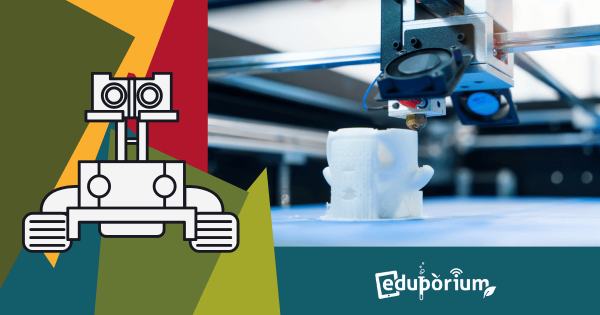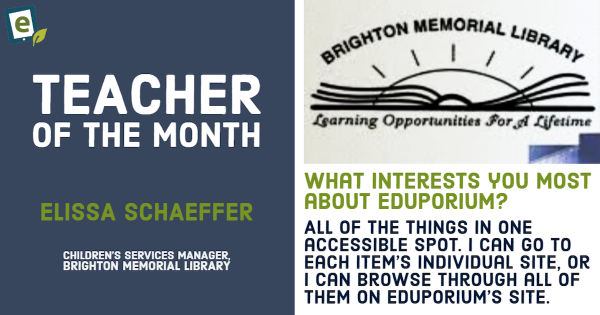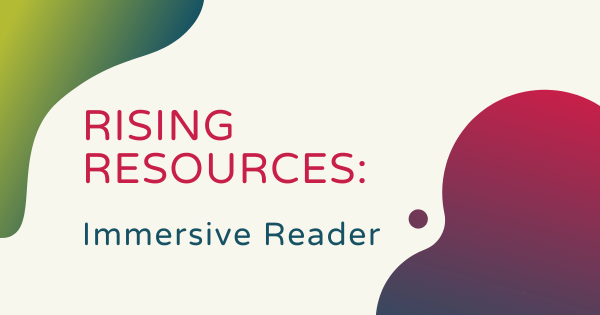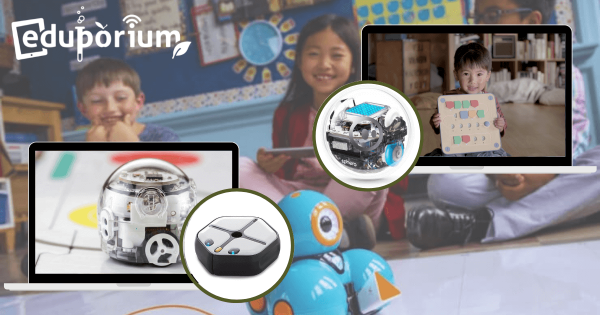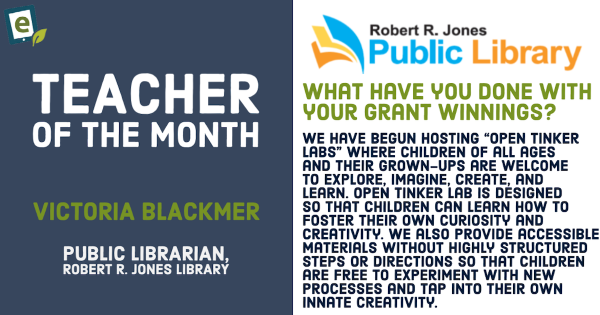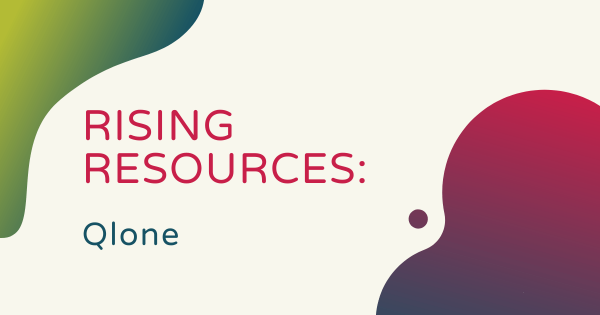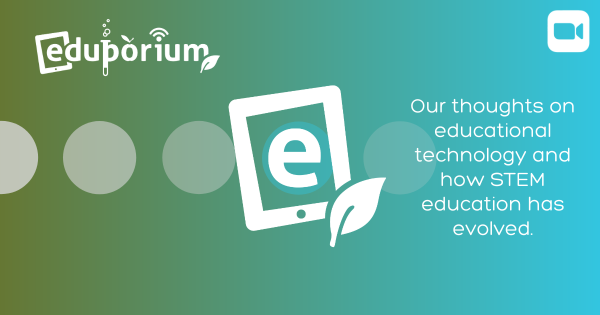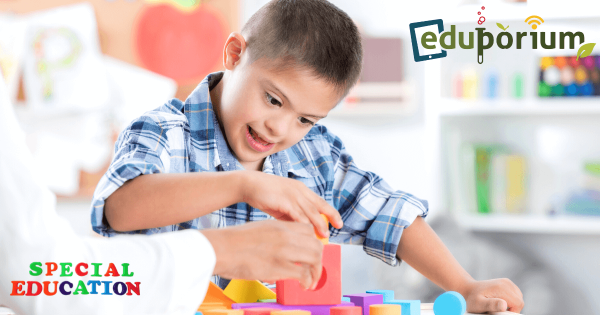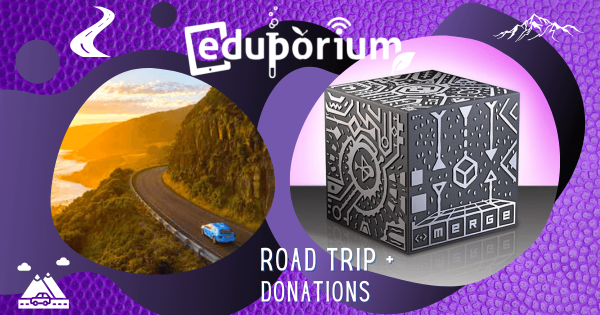As EdTech tools evolve, their defining characteristics are often changing as well and, as we get further into the 21st century with a better understanding of how to prepare students for the future, those features keep improving. This week, we’re breaking down some of the best things to look for in an educational technology!
EdTech
Educational technology has, of course, completely transformed how today's K-12 students learn. From basic 3D printers and virtual reality systems to simple coding robots and screen-free building tools, countless numbers of educators have been able to affect education for the better and help children develop transferrable skills for the real world. Since EdTech now covers so many areas, however, there often remains a lot for teachers to learn about and explore. Not every technology tool will impact your students in the same ways, nor will they enhance every single lesson. It's more about finding the right solutions for the right situations and building high-quality instruction from there. In this section, we cover everything from specific classroom STEM kits to insights on integrating EdTech tools in teaching. And, we'll continue adding new resources with thoughts on the many branches of the EdTech tree.
EdTech resources are constantly impacting student development and redefining how educators can engage them. Besides those hands-on technologies, digital tools and platforms also play a huge role in learning. From coding or artificial intelligence to social-emotional learning, the instant availability of EdTech resources generates many revolutionary opportunities all throughout the world of K-12 and higher education. When it comes down to it, however, equitable access to technology can be a complete game changer. With these opportunities, students can build the hard and soft skills to navigate our increasingly complex world. And, no matter how complex or simplistic EdTech activities are, they can help catalyze that development. We encourage you to browse the content below and reach out to our team with any questions.
-
Eduporium Featured Educator: Elissa Schaeffer
We love being able to share their stories and their work with you and hope this series continues to give all educators encouragement to try new things in the classroom! This month, we’re featuring Elissa Schaeffer, who has been using EdTech she received through one of our event raffles to run coding programs for elementary school students! -
Rising Resources | Immersive Reader
Since Microsoft is, of course, one of the world’s leaders in creating cutting-edge technology, it should come as no surprise that they also have technologies designed for younger students to use in the classroom. Near the top of that list is Immersive Reader, which we took a look at for this week’s Rising Resources blog. -
Eduporium Weekly | Talking About Family Tech Nights
School leaders are always looking for ways to get members of their community—most commonly the parents of their students—involved with what kids are doing in the classroom. Today’s students are accomplishing so much especially when it comes to innovative learning and, too often, parents don’t get to truly see what they’re working on. -
Eduporium Weekly | Some of the Best EdTech for Back to School
With classes getting underway this past week in a lot of the country and other students really getting into the swing of things, we thought we’d take some time to reinforce how learning with technology can spur development and help them build some of the skills they’ll need most. This week, we’re taking a look at some of the best -
Eduporium Featured Educator: Victoria Blackmer
This month, we’re featuring Victoria Blackmer, a public librarian from Illinois, who has been using EdTech she received through our grant program to host open tinker labs to inspire the kids in her community to experiment and be creative! Read on to learn more about the open tinker labs she’s helped create and what makes them great! -
Rising Resources | Qlone Mobile App
This week, we decided to explore Qlone, which is more of a mobile learning solution rather than something kids need a desktop or laptop to use. For any students and teachers who are interested in the world of 3D scanning or manufacturing, Qlone is something you might want to check out. Keep reading to learn more! -
Eduporium Weekly | Breaking Down Our Video Series
Our new video series on our YouTube channel. Hopefully, you’ve had a chance to watch some of the videos, which feature Eduporium co-founder and Chief Strategy Officer, Irina Tuule, and Eduporium co-founder, president, and CEO, Rick Fredkin, discussing a number of relevant topics that pertain to 21st century education. -
Eduporium Weekly | EdTech And Special Education
Coding tools, makerspace materials, and many other STEAM solutions are awesome at getting them to work with their hands and also activating their brains. When special education students see that they can use technology to accomplish a lot of the same things as all the rest of the students in the school, they gain a greater sense of inclusion, learn -
Traveling the Country and Donating EdTech
This Monday, I am beginning a 74-day road trip that will take me to some of the most amazing places in the United States and allow me to visit some of the hardworking teachers who are shaping today’s students. Though the idea for a road trip didn’t initially involve teachers (or really even Eduporium), I’m extremely excited with how it




